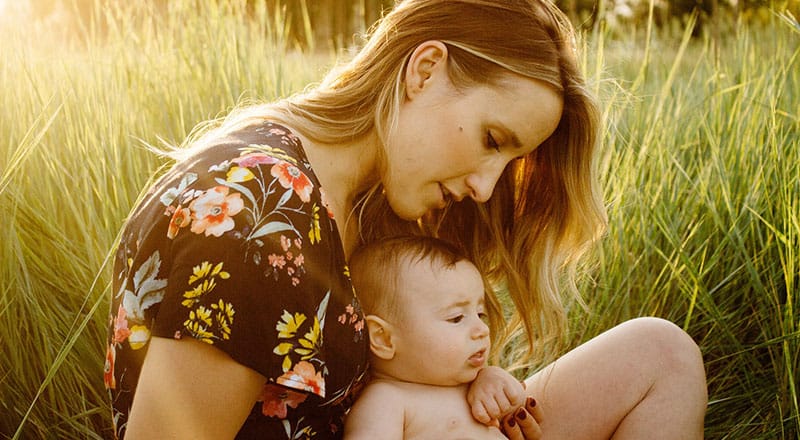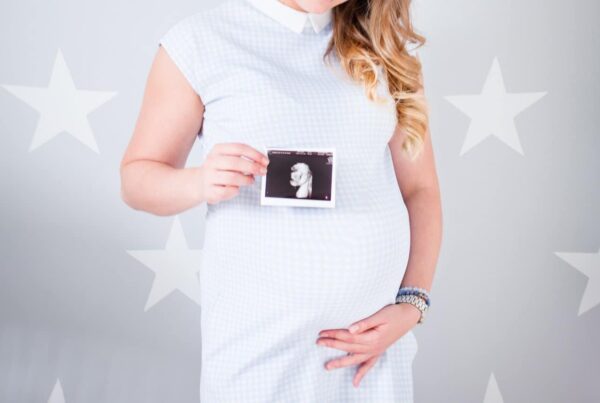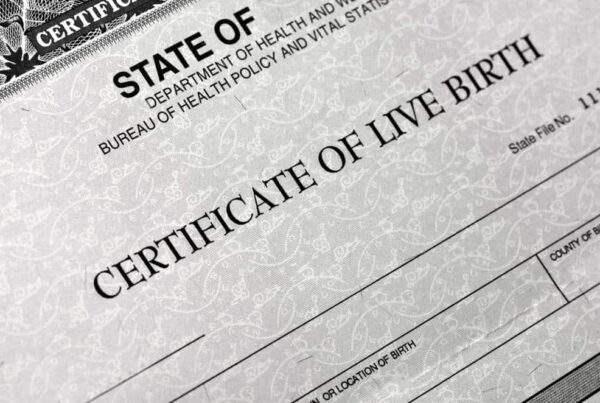
Modern medicine progresses every day. Nature’s rules no longer bind us. What’s more, we can reshape them and defy the odds. Quite some time ago, the concept of surrogacy became a reality. Women who were under a significant risk during pregnancy or couldn’t carry a child were able to become mothers.
Nowadays, surrogacy is an efficient and well-researched infertility treatment. However, there is still a lot of controversy, stigma and misunderstanding surrounding surrogate pregnancies.
A fairly common question that people have is whether the baby will share the DNA of the surrogate mother.
The short answer is – no. All babies, no matter the nature of their conception, have the genetic material provided by the parents. Therefore, the surrogate mother contributes little or none of the genetic material. However, it seems that this question doesn’t have a simple yes or no answer.
Traditional vs. Gestational Surrogacy
Making a distinction between traditional and gestational surrogacy is critical. Traditional surrogacy means that the surrogate mother provides the egg. Therefore, regarding traditional surrogacy, the answer to the titled question would be – yes. In this case, the surrogate mother provides a substantial amount of genetic material for the baby.
Women achieve traditional surrogacy through artificial insemination. Meanwhile, gestational surrogacy is achieved through in-vitro fertilization. Due to that, it’s also more popular today.
Gestational surrogacy is something most women turn to if they can produce an egg. The surrogate carries the child conceived from the genetic material of the intended parents. Furthermore, the egg is fertilized beforehand and inserted into the surrogate’s womb. Therefore, the gestational carrier contributes no DNA on conception.
Placenta – The Great Barrier
During pregnancy, placenta separates the baby’s and the mother’s DNA. When the baby forms in utero, the placenta forms along with it. The primary purpose of the placenta is to be a gatekeeper. It provides the growing baby with nourishment and sustenance.
Furthermore, the placenta is one of the main protectors of the integrity of the fetus. Therefore, it’s selectively permeable – only specific matter can go through to the baby. The DNA of the carrier will, for the most part, stay on the other side of the placenta.
Due to that, only a negligible number of cells from the carrier will get to the baby. Of course, that’s a good thing. Too many cells passing between the carrier and the baby could be dangerous for both.
The gestational process is miraculous. However, it still isn’t indefectible. Therefore, sometimes cells can seep through the placenta. It actually happens both ways. Hence, in those cases, the baby and the carrier affect each other.
Nonetheless, the number of cells that goes through the placenta is inconsequential. Yes, those cells carry the genetic material of the carrier. However, they can hardly impact the baby’s genetic makeup.
Does a Surrogate Mother Affect the Baby’s DNA?
In cases of gestational surrogacy, the baby will have the genetic makeup of its intended parents. The cells that seep through the placenta from the gestational carrier will not affect that in any way.
However, the surrogate mother still affects the baby in other ways. Of course, the nutrition and overall health of the surrogate mother influence the baby. Surrogate pregnancy is fundamentally no different than any other pregnancy. Therefore, the gestational carrier has to keep an eye on what she eats. Furthermore, she has to reduce the level of stress and strain she endures because those factors influence the baby in a significant way.
The surrogate mother doesn’t contribute the genetic material in gestational surrogacy. Yet, she can affect the expression of the baby’s genes. The study of epigenetics tells us that every environment affects the way the genes are expressed. That includes the primordial environment – the womb.
The genetic makeup is already there. It’s determined on conception. Thus, the genetic material of the surrogate mother will not affect the types of genes the baby has. However, it can affect the way they activate.
That’s why it’s crucial to maintain ideal conditions during pregnancy. The womb can have an environmental impact on the way the baby develops. Therefore, the surrogate mother has to maintain optimal conditions throughout.



